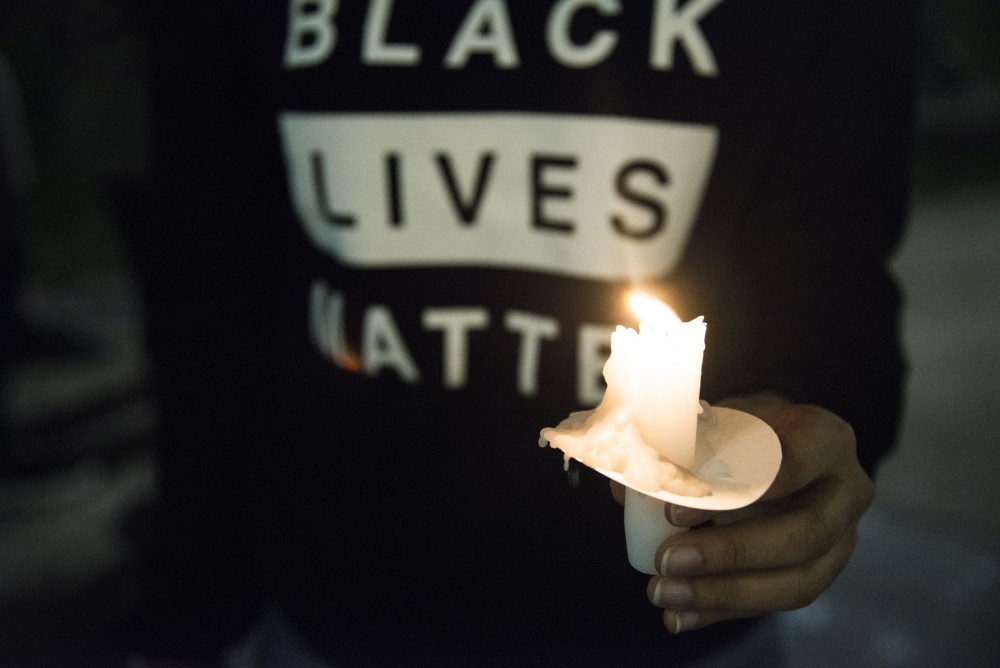The recent repeal of the Title IX guidelines put in place by the Obama administration triggered a flurry of statements and protests across the country.
The U.S. Department of Education released a statement on Sept. 22 officially announcing new Title IX guidelines. Though the new policy contains four main changes, the University of Minnesota will keep its current guidelines.
Tina Marisam, the University’s Title IX coordinator, said the University administration does not plan on making changes to sexual misconduct policies.
“We think it’s wise to wait until the Department of Education completes its notice-and-comment process and provides final guidance,” she said. “Based on the comments made by the department Secretary Betsy DeVos, I don’t anticipate that there will be substantial changes to our process when the final guidance comes out.”

The repeal of the 2011 and 2014 Title IX guidance documents changes the standard of evidence in Title IX misconduct cases. Additionally, schools are allowed to facilitate mediation if both parties agree to it.
New guidelines also state that schools are not required to complete Title IX misconduct investigations within 60 days — the previous timeframe.
Lastly, if a school does offer an appeals process after a decision, it does not have to offer that right to both the accused and the victim-survivor.
The Department of Education also added a stipulation that whatever standard a school chooses — whether preponderance or clear and convincing evidence — that standard must be applied to all student misconduct cases, including academic misconduct.
Mark Karon, Director of the University’s Student Legal Service, explained that those in favor of the changes believed the accused were being treated unfairly.
“Because a [sexual misconduct case] is somewhat of a quasi-criminal investigation, they believe that the standard of preponderance isn’t appropriate and that too many people are presumed guilty,” Karon said.
A standard of preponderance means the accused is more likely guilty of sexual misconduct than not.
Clear and convincing evidence, the other standard of evidence schools are now allowed to choose, means that a deciding committee in a sexual misconduct case has to be “75 percent sure” the accused is responsible, he said.
Koran said people who do not support the new guidelines worry that, if schools choose the higher standard of evidence, students will be less likely to report sexual misconduct.
Minnesota Student Association representative Mina Kian and student body president Trish Palermo condemned the changes and expressed concern for students at other institutions.
“I fear for those individuals in systems of higher education that haven’t taken the steps that ours have,” Kian said.
Palermo added that MSA plans to create a sexual assault task force that gives voices to communities across campus.
“The task force is to ensure that, despite things happening on a national level, the University of Minnesota will remain an inclusive campus for sexual assault survivors and will stand by our policies that support survivors,” Palermo said.
She said MSA is preparing a campaign for the spring to help students understand their rights under Title IX and to support survivors of sexual assault.
“Survivors don’t lie,” said Kian. “The fact that the Secretary of Education enacts these policy changes, with the mindset of not believing survivors, that’s unacceptable.”








